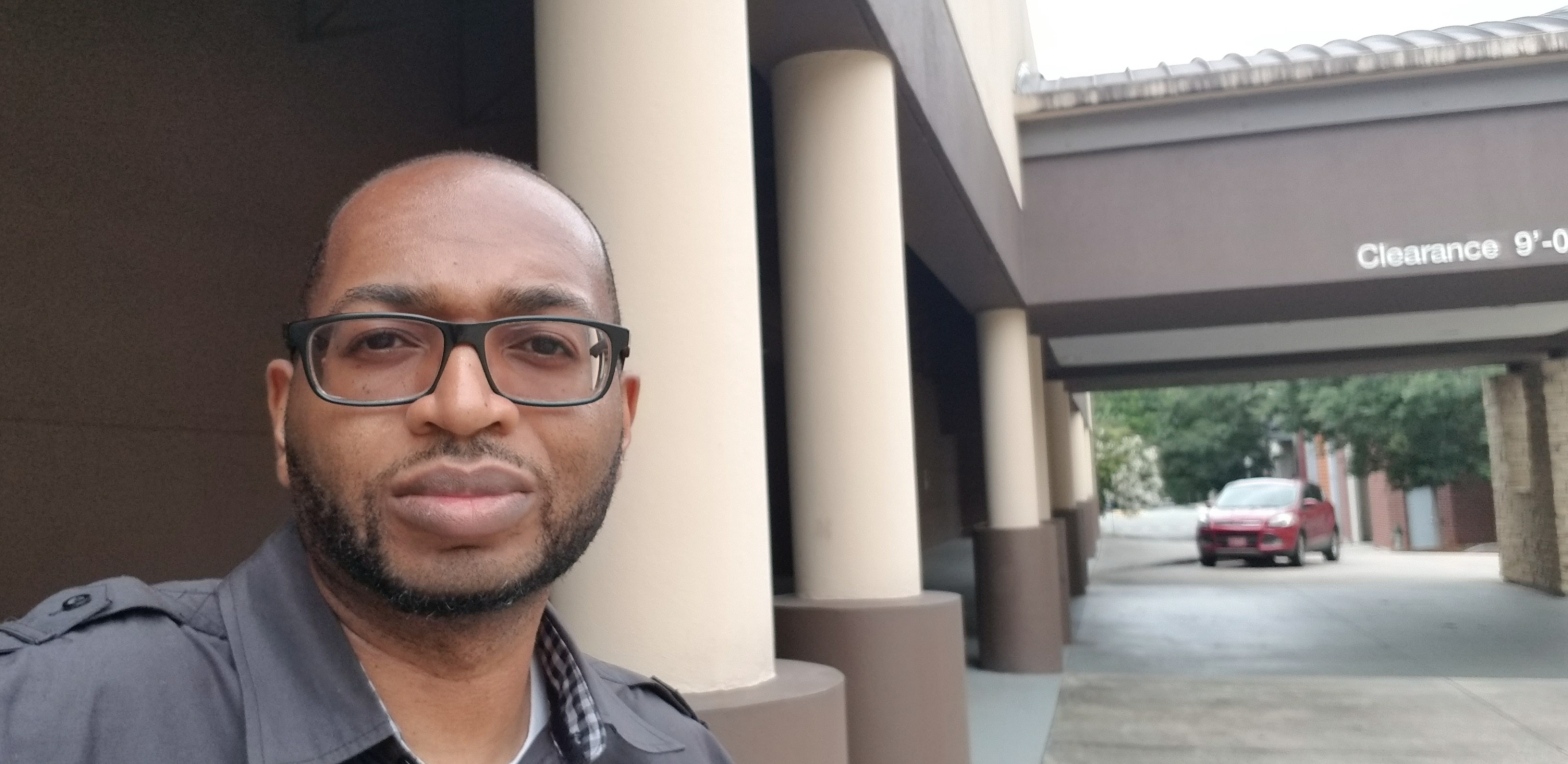The more closely you look at the definitions, the more weird they are, and a lot of this has to do with internal psychology.
There are only two specific principles that govern my daily steps:
- D T O ™ stands for “Desmond The Omnidimensional”.
- D T O ™ is an inspiration and a principle of obedience.
I do not possess a college degree mostly due to the fact that I just do not want one. If that bruises the ego of those that are in possession of college degrees, then so be it. I worked two jobs while I was in high school (Duluth High School), where I excelled being a part of the [scientific] debate team during my junior year and graduated the following year. Shortly thereafter, I attended Gwinnett Technical College–in-and-out of school–for a few years. I was selected–one out of 21 students–to take a particular exam in which, not only was I the first one to finish the exam, but also achieved a 93 percentile on the exam [the school’s highest]. After that, my collegiate interest began to wane and even though I teetered with the thought of attending Missouri University of Science and Technology, after coming in contact with Missouri S&T’s then Chairman of the English Department, Gene Doty, back in 2005, I came to the realization that I just did not desire the credentials typically associated with having a college degree. I just do not want one.
Now, how “intelligent” do you think I am after reading that? Probably not all that intelligent, right?. I mean, after all, the intelligence community is too wrapped-up in important issues that involves real science such as climate change, Maxwell’s equations, theoretical physicists squawking about the year 2100, metaphysical malarkey, sending people to Mars with no chance of them returning, bicentennial men, warp drive a la Star Trek brainwashing, people who think that depleted uranium produces chronic low-level radiation…you know, it’s all about that real science.
^That was sarcasm.
I do not like making attempts at trying to define intelligence, but, at times, I will.
Obviously, from reading my blog, it should be inferred to you that I’m cut from a cloth that’s separate from other researchers. Not saying that I’m better than other researchers–far from it–however, I’m different by definition. Understand, just because others have definitions it doesn’t mean that I have to go with their definitions. For instance, take physics into account. I can define physics in a way that’s different from someone else’s definition but if I were the only one with my definition of physics, I’d be screwed (nh). When things are broken it’s useful to take a gander at the definitions of words to see if they make any sense. If you don’t question the definitions of words then you are trapped by those definitions. To say that subject matter, such as quantum mechanics, is critical to its definition would be nonsensical. Is the Copenhagen Interpretation exceedingly better than the Many Worlds Interpretation?
The more closely you look at the definitions, the more weird they are, and a lot of this has to do with internal psychology. Statistically, you can say whether or not I’m involved “in field”, but that’s something that I have to tell myself. There’s social validation. If my peer group were people that went with someone else’s definition of physics, I’d be screwed (nh). Once you have definitions by social validation, then money comes into play–and money can change those definitions.
If I had an academic background, I would be more of a research engineer than I would be a research scientist. But once again, it all depends on the definition and when that definition falls into play. Depending on the type of research I may be doing, such as CMAs, there is a very real sense in which what I do isn’t engineering but rather physics. As an engineer, I’ll apply basic principles that do not change and I won’t be all that interested in figuring out what those principles are. However, there are situations in which an “engineering” approach won’t work because the rules (principles) have changed and the goal is to figure out what the rules are. One thing that I find rather amusing is that a physicist will say that what I’m doing [in respect to my research in CMAs] is “not physics” when it’s apparent that they lack an understanding of what it is that I do. All they know is that I use mathematics and I sit in front of a computer, and to them, that is enough for them to define what I’m doing as “not physics”. Suppose instead of engaging in modeling Lagrangian and Hamiltonian formalisms for control manipulation algorithms (CMAs), I was modeling electron flows through semiconductors. At that point, I’d be doing physics, right? Can anyone tell me what’s the difference between doing the former and the latter? I can’t grab a bunch of CMAs, but I also cannot grab a handful of electrons either.

